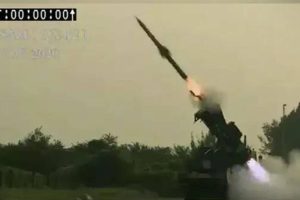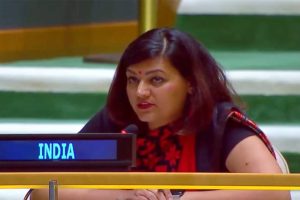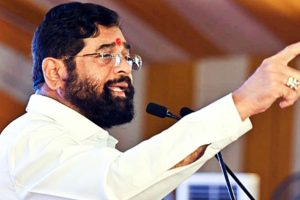US President Donald Trump on Tuesday reiterated his claim that he intervened to prevent a potential nuclear conflict between India and Pakistan earlier this year, saying he spoke with a “very terrific” Prime Minister Narendra Modi and warned Islamabad that hostilities would jeopardize trade deals.
Addressing a cabinet meeting at the White House, Trump said, “I spoke to Modi of India and asked what was going on with Pakistan. Then I spoke to Pakistan about trade. I told them, no deals if you’re heading towards a nuclear war. I threatened tariffs so high that their heads would spin. Within five hours it was done.”
The US President also repeated his controversial assertion that at least seven fighter jets were shot down during the confrontation, claiming the actual number was never reported. Earlier, he had suggested five jets were downed.
Trump emphasized his role in halting the escalation. “I have stopped all of these wars. A big one would have been India and Pakistan. That was the next level — a nuclear war. They were fighting, and I said no trade if this continues. Within 24 hours, they said there’s no more war.”
His comments follow repeated assertions that his administration used trade leverage to defuse tensions after the Pahalgam terror attack, which killed 26 civilians, and subsequent Indian strikes under Operation Sindoor on May 7 targeting terror camps in Pakistan and Pakistan-Occupied Jammu and Kashmir (PoJK).
White House Press Secretary Karoline Leavitt credited Trump’s “decisive foreign policy” with helping secure a ceasefire between the two nations.
However, India has consistently rejected claims of third-party mediation. Indian officials maintain that it was Pakistan’s Director General of Military Operations (DGMO) who reached out to his Indian counterpart on May 10, leading to a direct ceasefire agreement.
The Pahalgam attack was claimed by The Resistance Front (TRF), a Lashkar-e-Tayyiba proxy. In June, the US designated TRF as a Foreign Terrorist Organisation (FTO) and a Specially Designated Global Terrorist (SDGT).
Welcoming the move, External Affairs Minister S. Jaishankar said the designation underscored India–US counter-terrorism partnership. “The Resistance Front is a front organisation of Lashkar-e-Tayyiba, and we welcome this as a strong affirmation of India–US cooperation against terrorism,” he said.





